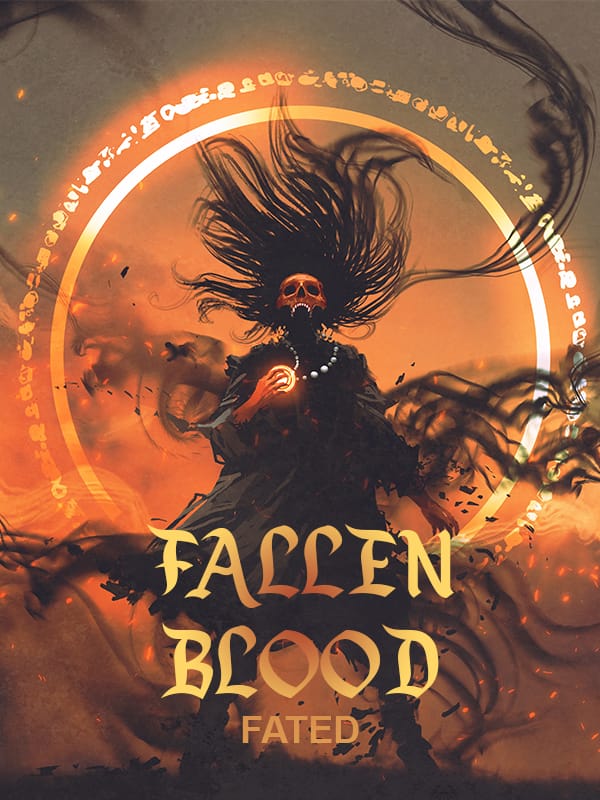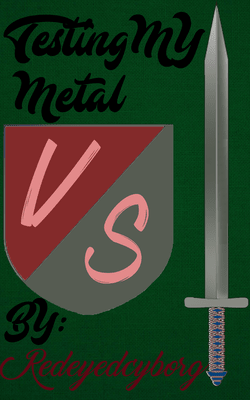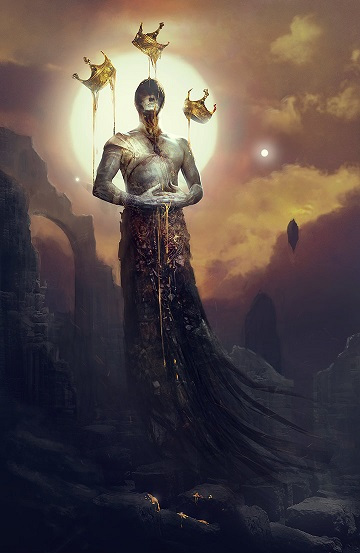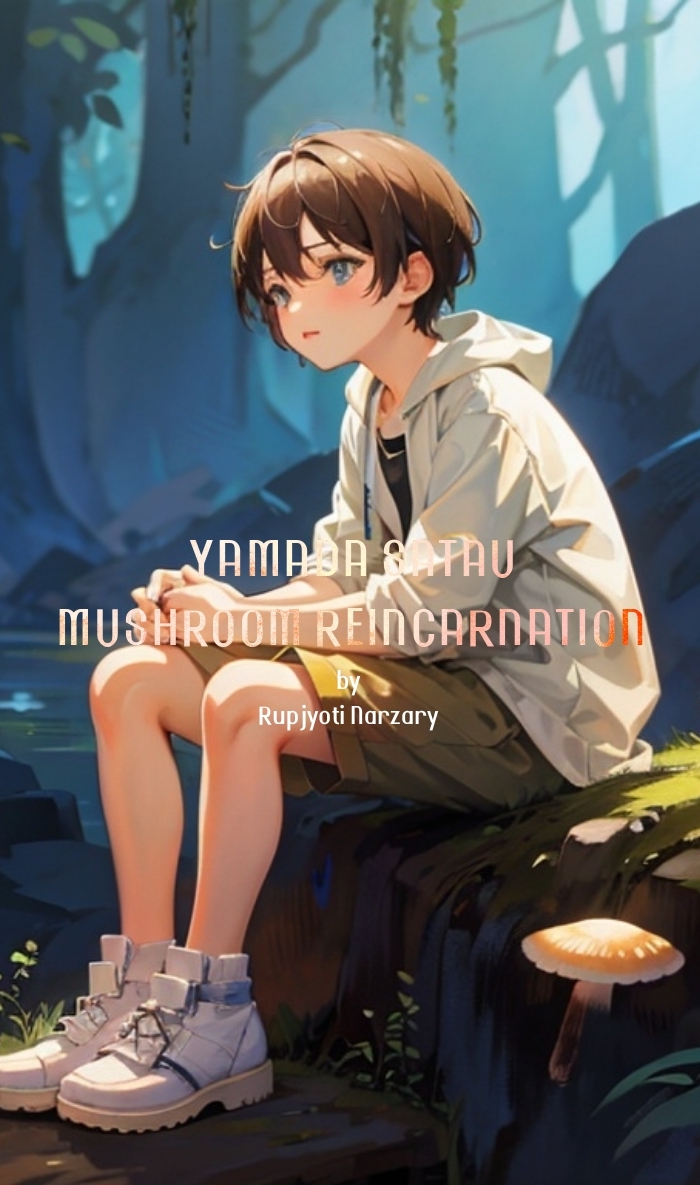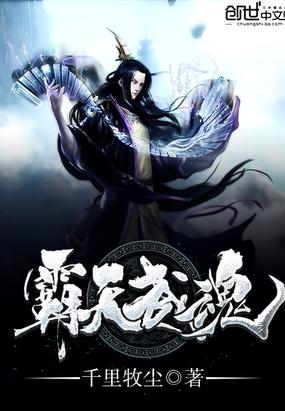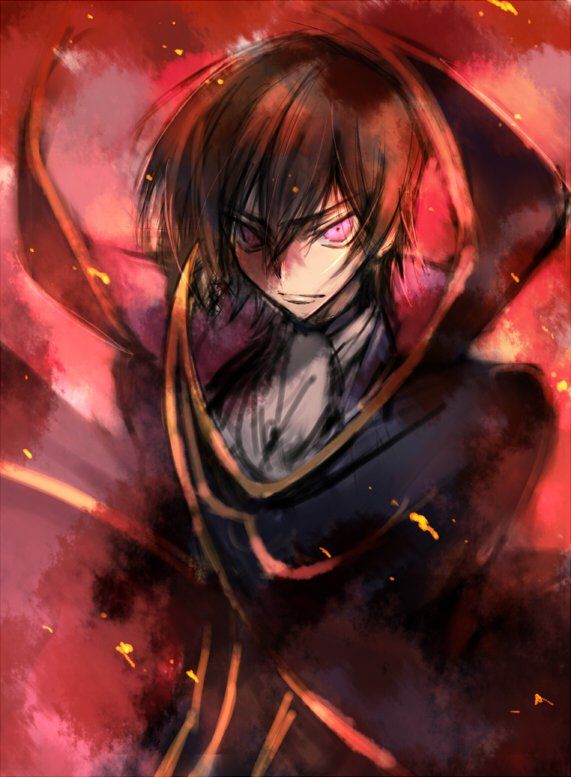Travelling to the Northeast section back streets, they searched for herbal shops.
Because adventurers entering the labyrinth needed medicinal herbs, there were many shops selling medicinal herbs in the labyrinth city. There was everything from large-scale businesses to specialty shops.
Each floor of the labyrinth varied greatly. One floor could be a snowy mountain, the next a desert, or even a tropical forest. Any environment from around the world could appear in the labyrinth, and so, many different medicinal herbs were necessary to treat the various dangers that adventurers faced in the labyrinth. Given that monsters abounded in the labyrinth and many people like Mariela could not fight, some adventurers specialized in herb requests. Although rare herbs could only be found inside, some common herbs could be found outside as well.
The collected medicinal herbs would then be brought to the adventurers guild or a specialty store. The medicinal herbs brought there were either sold in the labyrinth city or handled by a specialty store or someone capable of drying and preserving the herbs. A portion of these herbs would eventually be transported out of the city.
The flow of other materials was similar. Most of the various materials were processed in labyrinth city before being loaded on a Yagu and carried across the mountain range.
The labyrinth city was not an independent country anymore. It was the frontier of the empire adjacent to Kingdom of Endalgia. Thus, the empire’s currency was used in the city.
Unless the labyrinth and the Demon Forest were properly managed by thinning the demons out, another stampede would occur like the one 200 years ago, causing serious damage. Therefore, in the labyrinth city, an anti-demon military was stationed at all times, which also attracted new adventurers to the city. The cost of this was covered by taxes on materials and treasures obtained from the labyrinth. Although the tax rate was the same as other labyrinths, there was no safe route out of the city on which these goods could be transported. Because the mountain route using Yagu had a higher shipping cost, more products remained in the city instead of being sent away, lowering the purchase price of these items in the city. Thus, merchants would make less on products from the labyrinth city.
Although the Empire had attempted to balance the negatives of living in the labyrinth city by lowering the tax rate and reducing the cost for adventurers to explore, it was still not particularly attractive to adventurers and merchants.
Although, Mariela knew nothing of this, the managing labyrinth city was a great headache for the former margrave.
Lynx guided Mariela to Gark’s Herbal Store with which the Black Iron Transportation Company had a discount. The store traded herbs both in the city and outside the city. For outer city trading, the store would preserve herbs before sending them away. The shop also sold to the local residents medicines created from certain herbs.
They weren’t able to make potions, but there were occupations called pharmacists who made various medicines from medicinal herbs, and those with skill in alchemy would often run herbal shops while operating as a pharmacist. Although the scale was small, there were many kinds of medicinal herbs on display, and the quality was quite good.
Inside the dark shop, there was an eccentric looking old man, wearing glasses with bottle-like lens while inspecting some medicinal herbs.
“Old man Gark, you’re still alive!”
“Little Lynx? I see you’re shopping with a woman. You must be doing well for yourself.”
“Stop it. This girl is your customer today. Be nice to her.”
Mariela thought they seemed close.
Inside the store there were a wide variety of lined-up, dried medicinal herbs, ranging from familiar ones such as Kyuruke and Kalgoran to rare herbs that would become the materials for special-class and specialized potions.
Unfortunately, the method used to process them was bad. There were specific ways to process medicinal herbs depending on the medicinal effect that one wanted to extract from a herb, but none of the methods used in this shop accounted for temperature or pressure constraints. In addition, it had been a long time since their preservation, and many medicinal effects had completely dissipated.
(In this case, the effects have been halved.)
Mariela gave the necessary medicinal herbs and asked if there were any undried items.
“There are. However, drying medicinal herbs cannot be done by an amateur. A rookie like you should avoid getting involved in something she doesn’t understand.” Gark scorned.
“You’re drying this petal of Fiorcas without first extracting its pollen, and the temperature you’re drying this Luna magia at is too high. If this is the quality of your herbs, I don’t want them.” Mariela shot back.
Gark’s Grandfather removed his glasses and stared at Mariela.
“You possess appraisal? It’s impressive for you to know all of that with just a glance. Wait a moment.” He brought out undried medicinal plants from behind the counter. These were still in good condition and had only been recently gathered.
Appraisal was a skill to gain information about people and things by accessing the world’s memory academic record, and only one in ten people had the ability. However, this wasn’t to say appraisal was all powerful. It was mostly limited to people, plants, demons, or weapons, and it was difficult for one’s skill to increase beyond that. Information provided by the Akashic record was almost always restricted to what was known by humans. Information outside of this restriction couldn’t be obtained with a normal amount of effort and talent.
Those who possessed appraisal skills were not uncommon, and most that possessed the appraisal skill were just assumed to have a good memory. There were also many merchants with the appraisal skill, but they weren’t able to feed themselves with this skill alone.
Mariela did not possess this skill. Her ability to judge the quality of the herbs was based entirely on her alchemy skills.
Alchemist could learn the quality of a material using their ‘alchemy skill’ in much the same way a chef could know the ingredients and seasoning used in a dish just by tasting it. Unlike appraisal skills that obtained information on things one did not know at all if one increases one’s skill level, the ‘alchemy skill’ was limited to materials used in alchemy that one had some knowledge about. The alchemy skill could be increased by making potions. Nevertheless, the materials used in alchemy were diverse; many different minerals, animal parts, and materials obtained from demons were used in alchemy.
However, even if someone possessed the alchemy skill, they would still be unable to make potions without the ability to form a contract with a ground vein. No matter how much knowledge one had of the material, it was difficult to appraise herbs at first sight like Mariela.
“The Apriole has already had its effects extracted. This Lund’s stalk isn’t quite ready yet. I can also fetch some more tomorrow if you’d like.”
It seemed that Gark himself dove into the labyrinth for his herbs.
The Apriole leaves had been processed perfectly, but there were not many of them.
Given the deadline set by Vice-Captain Marlowe, it would be better for Mariela to retrieve this herb herself and buy Torona ore, which she would need to make the potions.
“I bet you thought I was just a novice pharmacist based on how poorly the herbs displayed have been processed, but I can do more than just mix together simple herbs. I’m the best pharmacist around. Is there anything else you need? I’ll make the arrangements.” He said.
She seemed satisfied after hearing her words.
“Do you have a Nagiru sprout? One whose leaves have yet to open. Even one that has been frozen is fine. Also, the poisonous glands of a parasitic leech, if you have them. I’d like it pickled in oil if possible.”
“I have some of those on hand. Do these meet your needs?”
Nagiru was a small bulbous plant that sprouted under the snow, and the root which did not touch the air would, after budding, become a raw material for a specialized potion that regenerated muscle tissue.
There was a large demand by adventurers who had been bitten by monsters, so in defensive cities, there were farmers who specialized in cultivating Nagiru.
The Nagiru sprout showed by Gark was picked and frozen at the best time, so it wasn’t inferior to those picked by Nagiru farmers.
Parasitic leeches were terrible creatures that were just as likely to bite a demon as they were to latch onto an animal or human. Its size was about the same as the thumb of an adult. It was called a ‘parasitic leech’ because its poison gland released an anesthetic that allowed it to suck the blood from its victim while avoiding detection by latching onto an area where it was unlikely to be noticed such as the victim’s back. Because the leech’s poison had a hematopoietic effect, even if it continuously sucked the blood of its victim, it won’t cause anemia. Since it didn’t cause any major damage, an adventurer that found one attached to them was more likely to suffer mental damage than anything else.
The extraction of the hematopoietic effect was easy as the paralytic poison dissolved in water, and the components that contained the hematopoietic effect dissolved in oil, but since it looked gross, Mariela didn’t want to touch it if possible.
Fortunately, this was taken care of by Gark. He had pickled it in an unknown solution. (Thank you Old Man Gark.)
This would make a potion that would cure Sieg’s legs.
Mariela finished ordering everything she’d need to fulfil Vice-Captain Marlowe’s order and the ingredients she’d need for Sieg’s potions. Gark then confirmed the cost for everything.
“Altogether, it will be 22 silver coins.”
It was around 20 to 40 percent cheaper than in the defensive city.
Gark explained, “Well, since you collect them all in the labyrinth, there are no transportation fees, and taxes aren’t high.”
“Taxes are taken when leaving the city. Even then, I heard from Vice-Captain Marlowe that the tarifs aren’t much higher than the taxes.” Lynx further expounded upon Gark’s explanation.
It seemed that Mariela could buy it cheaper thanks to the policy of the labyrith. She ordered everything using only half the money she had planned to use.
“Hmm…..Do you also sell vials?
“Things other than medicinal herbs are over in the corner.”
At the pointed-out corner of the store, cluttered materials such as medicine bottles, rock salt, pieces of crystal and small magic stones were displayed as well as a wooden box full of junk casually placed at the foot of these shelves. When Mariela looked inside, she saw various pieces of equipment used in alchemy. There were also miscellaneous goods such as paper, ink, and pens along with bags and bottles filled with unknown contents thrown in haphazardly. Everything was covered with dust.
(There is no potion vial after all.)
A potion vial was not as simple as it sounded. Many potions need to be stored in specific ways. Some needed to be temperature controlled and others couldn’t be put in direct sunlight without risking altering the potion’s effects. A potion vial served to remove the need to store potions in specific ways.
For an alchemist who made potions, it was easy to alter and recognize the effects of a potion stored through traditional methods because they would notice the effects immediately after drinking it or putting it on a wound, but for the person that purchased it, it was too much trouble to learn how to properly store each and every potion they would need.
So, potions were put into potion vials made using the alchemy skill. Potion vials were made with a special glass infused with a magic stone and drops of life, reducing the rate of potion degeneration. Expensive potions and, in particular, potions that easily degraded, had a magic circle carved onto the bottle or a label with the magic circle pasted.
Potion bottles were easy to use, so buying and selling empty bottles was done in every city.
(Even though there are no potions, I still expected them to sell bottles. Do they no longer make them?)
Creating a potion bottle was a time-consuming task, and there were alchemists specializing in bottle making. Mariela’s master was a stern person that made sure his students knew how to make these bottles.
(How annoying….)
She would first need to gather the necessary ingredients. All of tomorrow would probably be wasted making the bottle.
There were no bottles in the box, but as she was fishing through the dusty wooden boxes, she found something useful. Gark saw her and said, “There’s a lot of stuff in there that even I can’t identify. If any of it interests you, feel free to take it,” offering them to her for free.
Apparently, long ago, an alchemist who came to the labyrinth city from the outside forcibly sold most of this junk to Gark when the alchemist left the city. After he bought it, anything he knew about had been used while anything he was unsure about had been thrown back in the boxes because it was too troublesome to throw away.
Indeed, if you only wished to make potions, there were many things in there that would be of no use. However, it could be of use to Mariela, and there existed the possibility that it contained rare and expensive materials that neither Gark nor Mariela could identify. Nevertheless, there was a lot of junk as well.
Mariela spent 2 large silver coins and 5 silver coins on items like vials, rock salt, mana stones, and spare herbs. She then spent an additional 3 silver coins on other necessary materials.
Old Man Gark said, “Your order will arrive by tomorrow evening. Stop by whenever you need more medicinal herbs” before sending Mariela and the others off.
“Mariela, that was impressive.”
As they left the store, Lynx voiced his admiration for Mariela.
“Gark’s a bit eccentric, he only puts failed medicinal herbs on display. He thinks those dumb enough to buy them deserve their inferior quality.. But the moment you saw them, you knew how bad they were. He really liked you too. I’ve never seen him tell anyone to come by any time!”
Mariela got a box of junk and many medicinal herbs of good quality. It also seemed she was liked by Old Man Gark. It was all thanks to the strict guidance of her teacher. Mariela suddenly felt the need to thank him again.
It was now past noon. Although Mariela had a late breakfast, she was already hungry. In the vicinity of the labyrinth was a food stall that sold dried fruits, loaves of bread, skewers, and many other types of food. They bought skewers, dried jujubes, apricots, and a small bottle of olives. Mariela thanked Lynx again for acting as his guide and they returned to the ‘Yagu’s Bridge Inn’ where the three of them ate their food.



